Gallery Network
6 Questions for Howard495 Founder Krista Howard on Why You Should Work With an Art Advisor
The long-time collector and advisor homes in on what—and how—she'll be looking for in the forthcoming fair season.
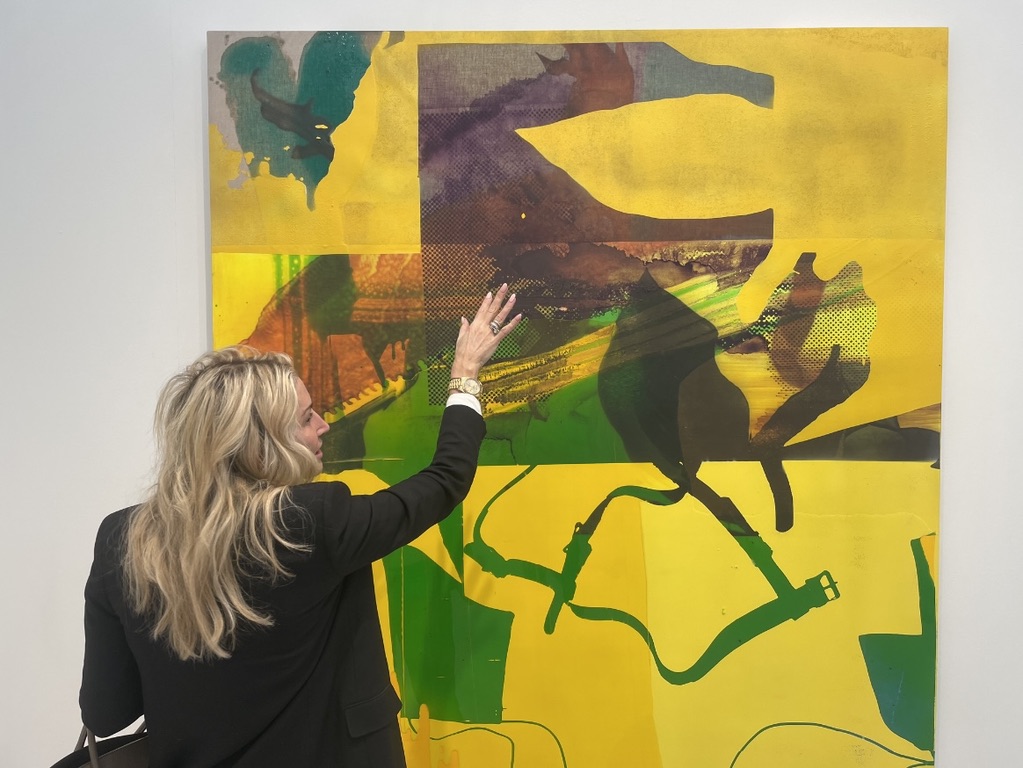
The long-time collector and advisor homes in on what—and how—she'll be looking for in the forthcoming fair season.

Artnet Gallery Network

Helmed by Krista Howard and born out of decades of experience within the art industry, Vancouver-based art advisory Howard495 has worked with both individual and commercial collectors to build bespoke collections since 2006. With a background in art history and a passion for collecting, Howard is uniquely situated to offer both her own extensive experience as well as insight into the current market, and advice on acquisitions.
For both new and seasoned collectors, working with an art advisor can be the key to finding the perfect piece—often via one of the numerous art world calendar events each year, including gallery openings, auctions, and of course fairs. Ahead of Frieze Los Angeles, we caught up with Howard to learn more about why collectors should consider working with an advisor, and her strategies for approaching international art fairs.
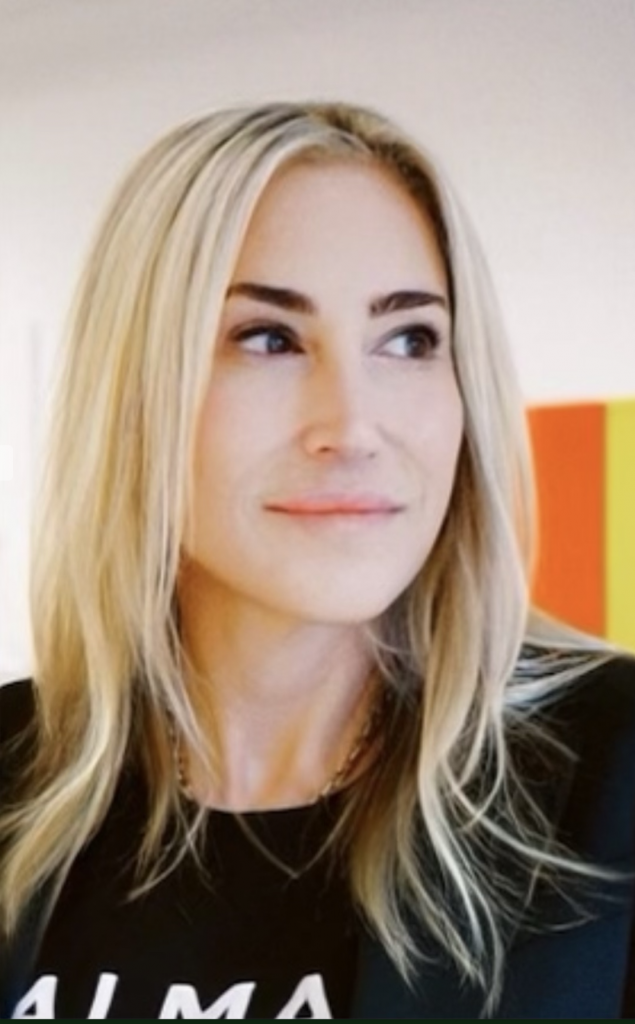
Krista Howard. Courtesy of Howard 495, Vancouver.
What is the importance of working with an art advisor?
There are so many positives working with an advisor, but first and foremost: the relationship should enhance and ease a client’s art collecting journey. At Howard495, we streamline the process for our clients by taking care of the menial tasks and logistics so that our clients can focus only on the art itself. We provide them with insight, unbiased advice, expertise, and access gained from years of navigation and relationship building.
A key component of our job is education, we are hired to assist our clients in making informed selections based on their personal preferences as well as guide them in refining their taste and honing their eye. I like to help my clients move out of their comfort zone and encourage them to enjoy the process of learning and discovery, taking insecurity and fear off the table.
There are many considerations when buying art and we assist our clients from negotiation through to installation. Alleviating the logistical burden, we assist with framing, shipping, research, conservation, documentation, and storage. Many of our clients have been with us for years. We take immense pride in helping them build a collection that is a personal reflection of themselves, one they love and take pride in.
For new collectors, what are some things to look for in a potential advisor?
I would encourage them to hire an advisor who is experienced, can navigate the complexities of the art world, and comes from a place of integrity, reliability, honesty, and transparency. An education based in art history, a global understanding of the art market, navigational skills, strong relationships, and discretion are all paramount to an advisor’s success.
Find an advisor who maintains impartiality and listens attentively to what interests you. Hire an advisor who encourages and guides you towards an understanding of what moves you and why, to tailor a collecting strategy to fit your needs. Find someone who communicates clearly and provides honest, impartial advice—someone you like and someone you trust.
A good advisor can discern the changes in today’s market and will recognize the importance of value making benchmarks versus hype. Looking beyond the trends, making informed observations as to the direction things are heading and where they have been. And, lastly, distinguishing a great work of art over a minor work by determining the success of a piece which can be found in the strength of its execution, the honesty of its spirit, and in the breath of the artist.
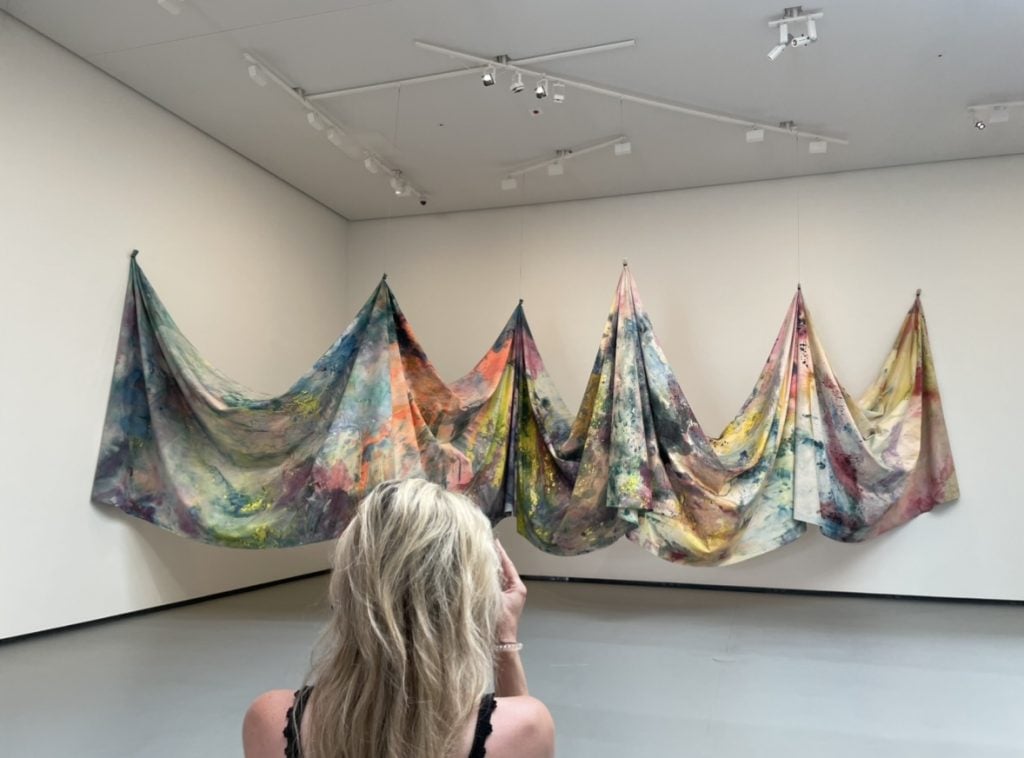
Krista Howard with a work by Sam Gilliam. Courtesy of Howard495, Vancouver.
Any suggestions on what collectors can do to not get overwhelmed?
Hire a good advisor!
Art fairs often act as a launch point for the careers of emerging artists. Do you have any advice when it comes to acquiring work from emerging artists?
When looking at emerging artists I consider a number of factors before acquisition:
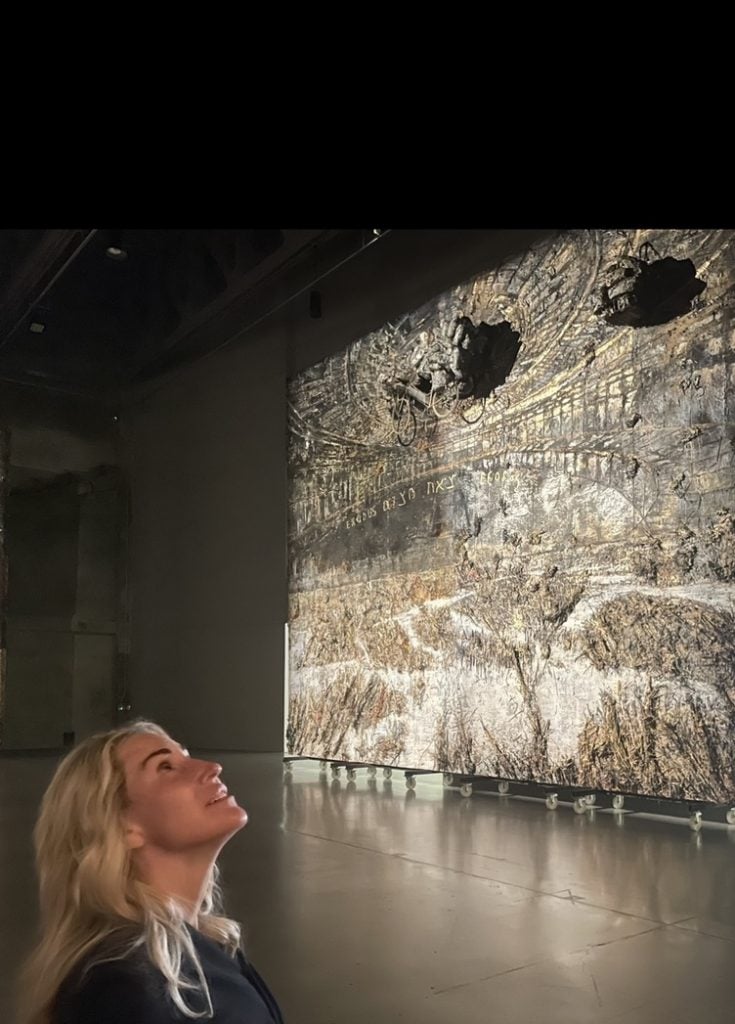
Krista Howard. Courtesy of Howard495, Vancouver.
Have you noticed any trends or leanings within the art market at large that you find particularly interesting?
Yes, I have noticed that the demand for underrepresented artists continues to rise, and the move away from figuration back to abstraction continues with a number of emerging names at the forefront.
On another note, I am quite interested in the intergenerational transfer of wealth facing the market today with the aging boomer population dying and leaving substantial art collections to a generation that seemingly has different interests than their predecessors. Tastes are changing, priorities are different—what will this mean for the art market, values, and for the museums who rely on the generosity of its patrons?
From what I understand many of the inheriting generation do not have the same interest in supporting the institutions as their parents did. What does this look like moving forward? I am very interested in this conversation.
With Frieze L.A. coming up at the end of the month, what will you personally be looking for? How do you prepare?
A number of years ago, we expanded our mandate to include the global hospitality industry. We are currently working with the Rosewood Hotel on a comprehensive renovation. At Frieze, I will be looking for work that fits the aesthetic needs of our clients, while still finding pieces that inform the cultural context of the brand we are acquiring for. By hanging work that resonates with both locals and visitors, everybody benefits. We approach our hospitality projects with the same intention and mandate we do with all our clients, be they residential, corporate, or hospitality.
I prepare before the fair by viewing gallery previews, researching artists, and speaking with gallery directors to see what they are bringing to pre-determine if there might be a fit. I also prepare for Felix Art Fair in the same way and set up appointments with local galleries if there is something I want to view. Lastly, I plan my schedule around artists talks and panels and free time to attend the Broad, Museum of Contemporary Art, Los Angeles, Los Angeles County Museum of Art, the Hammer Museum, and the Marciano Art Foundation, and anything else going on that may prove interesting and informative to me.
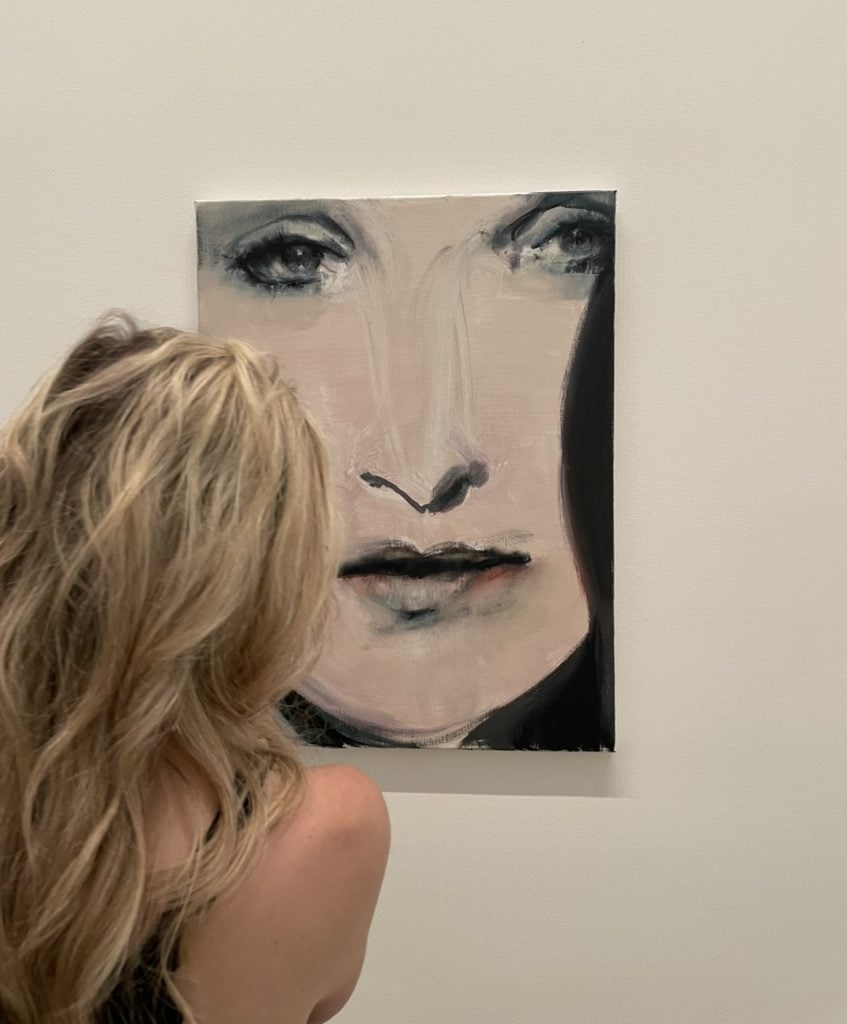
Krista Howard. Courtesy of Howard495, Vancouver.
Learn more about Howard495’s services here.